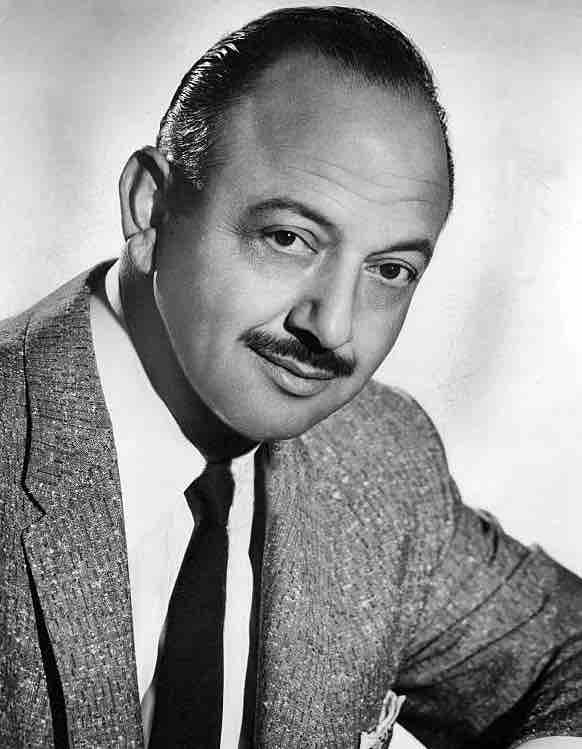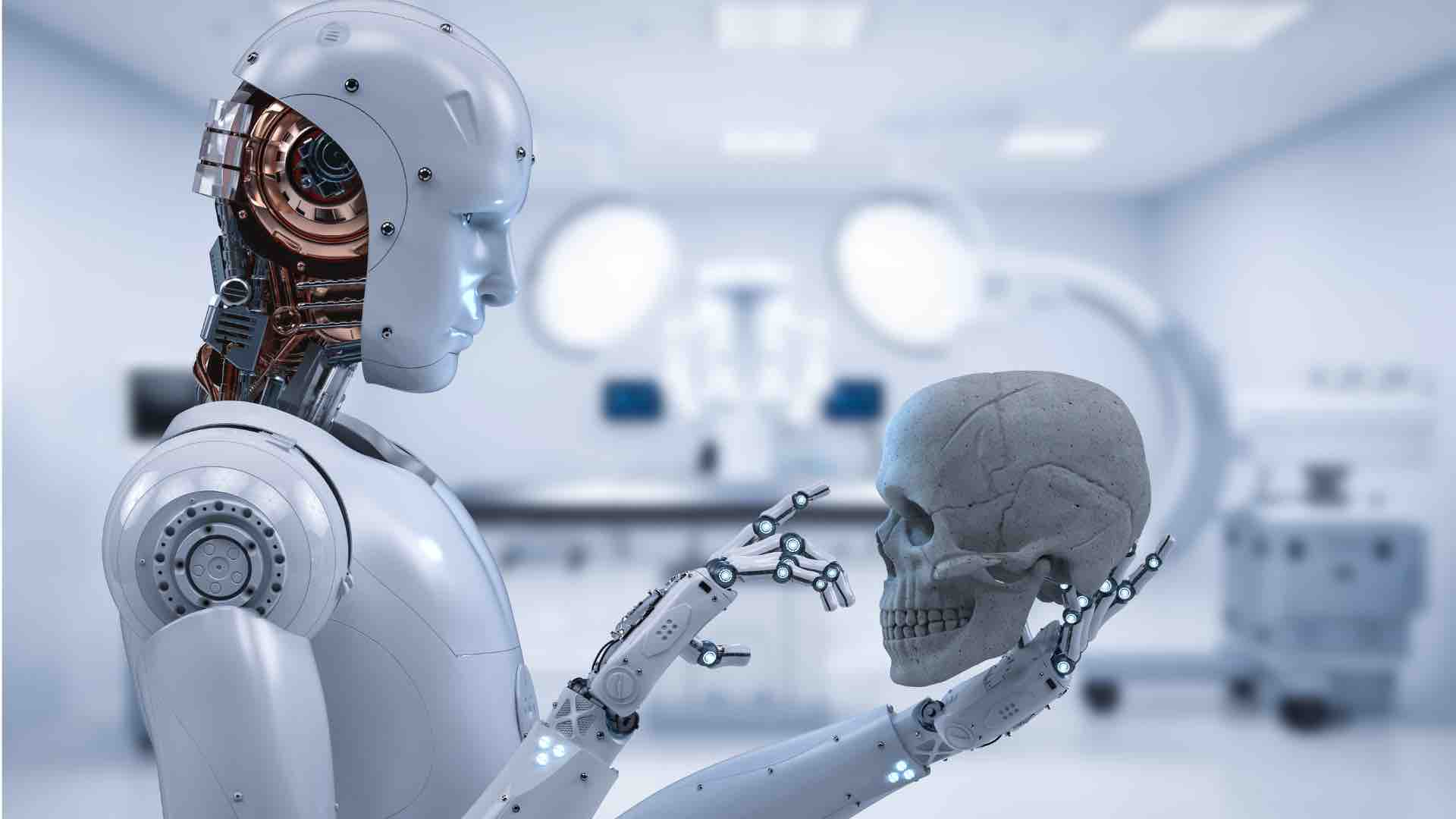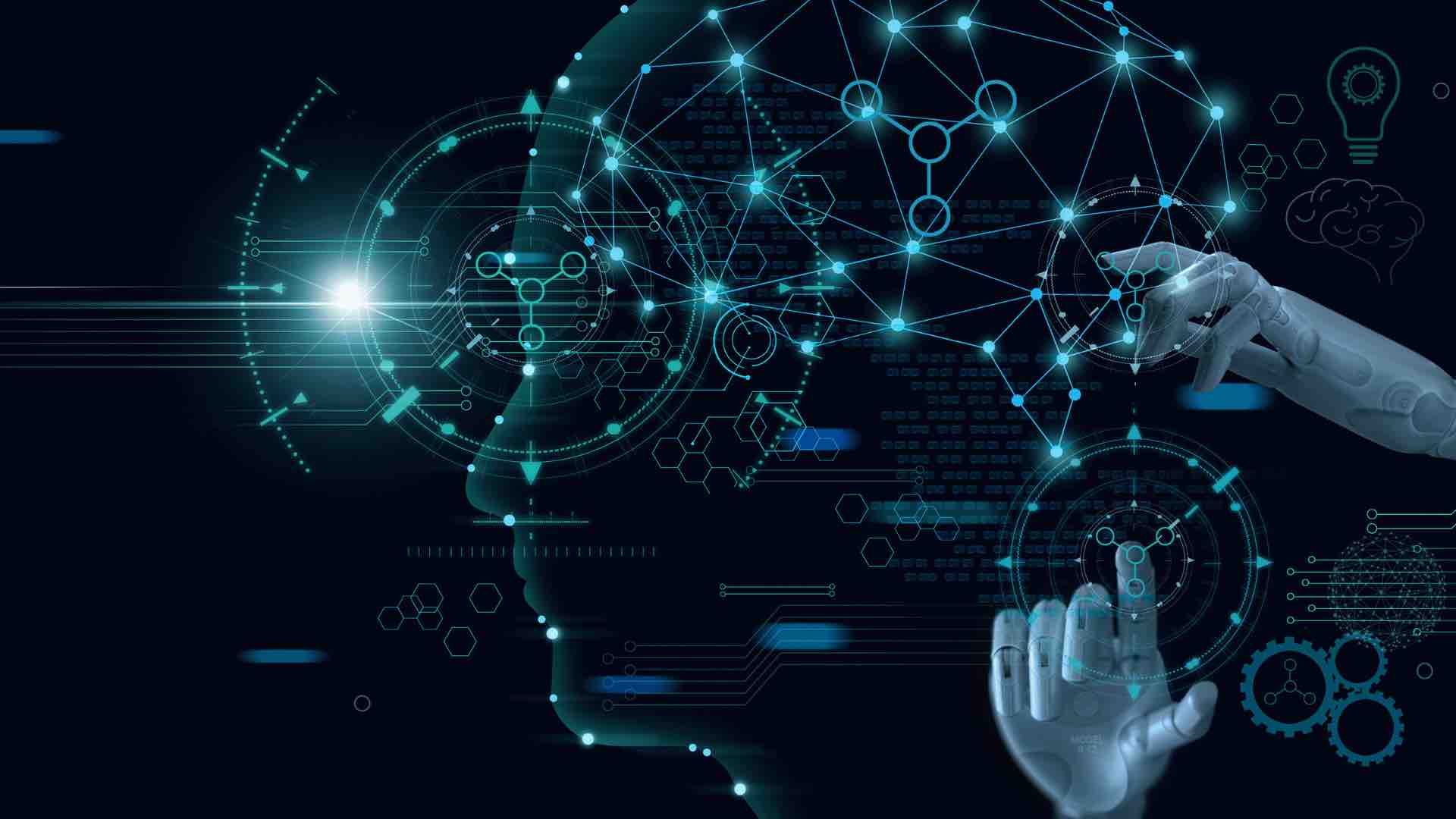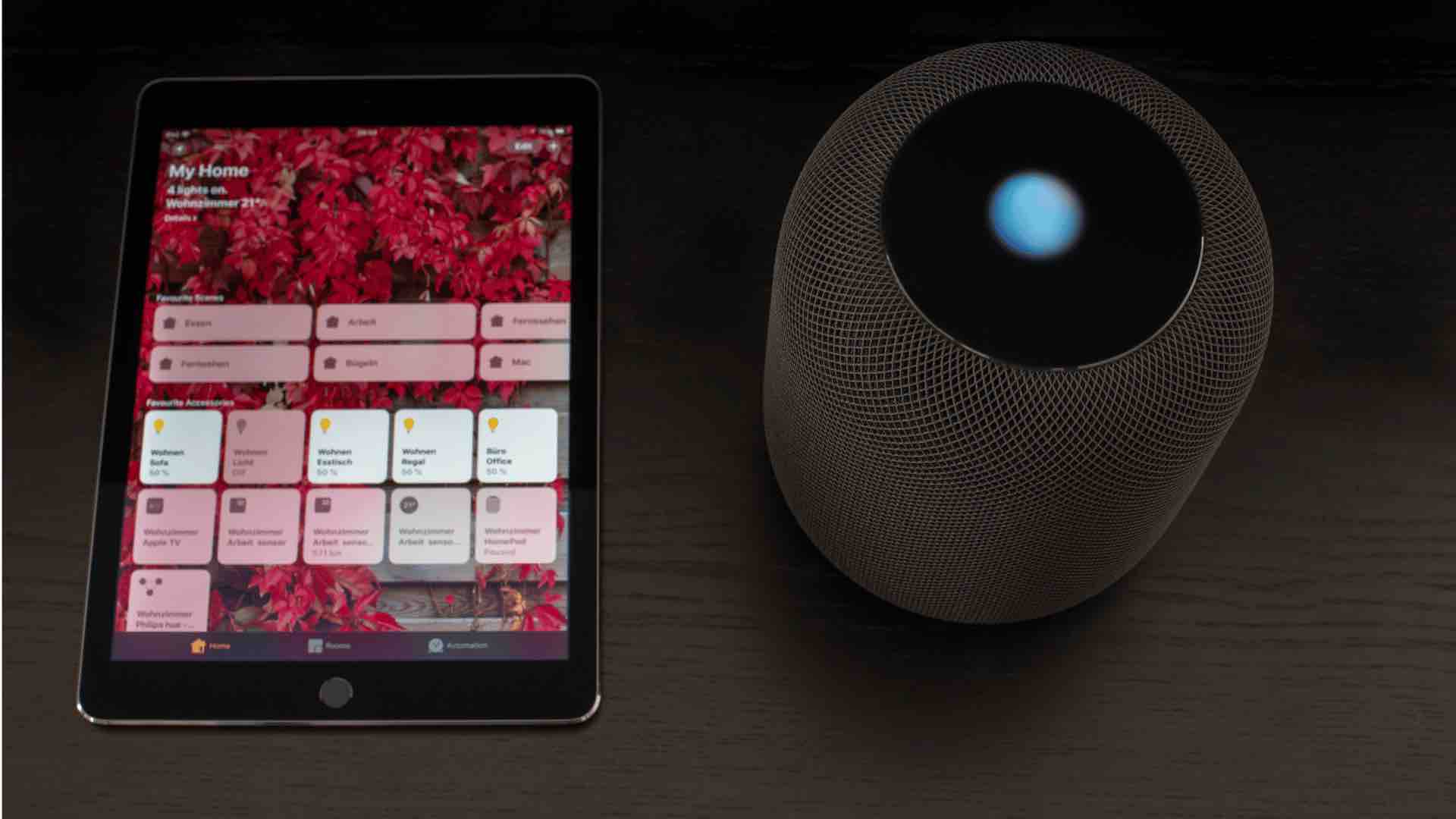In every field of science, artificial technology has completely changed the game.
The voice-over industry is not safe from this either. The digital age is constantly looking for convenience, and AI has undoubtedly provided that.
So, even if it is shocking to see how AI can be incorporated into the voice-overs, it can’t be denied how seamless and human-like it sounds.
The technology is equipped with systems that are capable of mimicking human voices and putting emotions into speech.
Moreover, it is surprising to see how AI is capable of vocalizing a text and making it sound not just human but also full of emotions and expression.
This has provided an inexpensive approach for many YouTubers and people who are uncomfortable with revealing their identity online.
Here, we will examine the effects of AI on the voice over industry and its history.
This article is aimed at analyzing how voice artists are affected by this new revolution.
Historical Background of Voice Acting
Talking about voice dubbing or voice acting, it emerged in the early days of radio broadcasting in the 1920s.
After this, it was significantly used in theaters and puppet shows.
Several animations required voice acting, and there were several audio dramas as a popular form of entertainment, so qualified people were chosen to display their talents verbally to entertain the audience listening on the other side.

We must mention a famous voice actor named Mel Blanc, who played a significant role in our childhoods.
Mel was a voice actor for cartoons like Daffy Duck and Bugs Bunny in the early 1930s to 1940s.
Voice acting took a significant turn as the TV industry developed and entertainment shifted from audio and radio dramas to visual animations on television.
Here, voice actors gave life to several historical cartoons like Mickey Mouse and many more.
Furthermore, since that time, voice acting has only been growing in popularity, and skilled voice actors make an adventure sound good.
AI’s Take in Voice Acting
Voice acting has been a thing since the early 1920s, and this industry kept growing ever since.
However, the entry of artificial technology completely changed the realm of voice dubbing.
Historically, artificial speech has been in the works since the 18th century.
Several scientists worked on building artificial speech for years, and in the 1950s, the first ever computer-based voice simulator was invented.
This computerized mechanism has revolutionized voice acting thanks to physicists and scientists.
Moreover, the constant development of AI has enabled it to mimic human voices with extreme accuracy.
This has caused many effects of AI on the voice-over industry and has provided the convenience of virtual assistants like Siri and Alexa.
AI vs. Human Voice Actors

The invasion of artificial technology into the voice acting industry requires a thorough analysis of AI and human voice actors.
The effects of AI on the voiceover industry have affected voice actors in several ways.
So, follow for a deep comparison between these two rivals.
Pros and Cons
Artificial technology has made it easy for creators who choose to keep their identities hidden.
The AI based voice over makes your text sound precisely like a human by picking on a sentence’s structure and what it is trying to deliver.
AI makes good use of every punctuation, which helps it to deliver a precise human-like voice.
Nevertheless, one can not overlook the authenticity AI lacks in its voice-over.
Moving on to human voice actors, there is something unique about each one of them.
Therefore, every voice actor owns a distinct voice, making every text sound different.
In the case of AI voiceovers, the voice options are limited, but there is a vast number of human voice actors that can help in portraying all characters differently.
Human actors can vocalize every emotion with depth and diversity, unlike any artificial technology.
How Does AI Even Mimic Human Emotions and Inflections?

Two key factors give you the answer to this question: Natural Language Processing and machine learning algorithms.
Through these two factors, artificial intelligence can recognize emotional cues and learn what a person is trying to portray in the text.
After that, it can convert the text into speech with precision.
Still, AI will stand behind human actors when it comes to being on point with emotions.
AI affects voice artists in many ways, but it can not take away the authenticity a human voice holds.
Book Your Free Demo Now

Applications of AI in Voice Acting
AI voice acting finds its use in every industry.
Particularly in the entertainment industry, where people find such artificial voices amusing.
The role of AI in the voiceover industry has significant examples, like text-to-speech options on several social platforms like TikTok and virtual assistants like Alexa and Siri.
Text-to-Speech
The first AI effect people noticed was this feature on social media. Creators who want to add a quirky look to their content often use text-to-speech in their videos.
This simple yet profound impact did motivate more creators to add an AI voiceover to their videos.
This takes minimum effort, but it delivers a high-quality voiceover just by reading the given texts.
Creators classify this as an inexpensive way to make their content sound good.
Virtual Assistants

Alexa and Siri come to mind when it comes to virtual assistants, they are developed by renowned tech giants like Apple and Amazon.
These assistants are equipped with modern technology that can respond to basic commands in minutes.
They can even hold an entire conversation, place an order online, dictate a recipe, and much more. There is no limit to how virtual assistants can ease one’s life.
AI-Powered Multilingual Voiceover
The effects of AI in the voiceover industry have found their way into the multi-language realm.
So, to make this feature a global thing, AI is capable of translating languages like English into one’s native language.
And, when it comes to breaking down barriers, AI multilingual voiceover does play a significant role here.
The applications of AI in voiceovers are endless, affecting voice artists significantly.
Human beings have their mental and physical limits, but AI voiceover is free from both of these.
The Future of Voice Acting with AI
Ever since artificial technology clawed its nails into our lives, there has been no going back.
It keeps growing and becoming better than before. There is no limit to what AI can do for the voiceover industry, and its capabilities seem to improve every day.
There are a few flaws in the AI voiceovers, which will soon be improved considering their impact on the lives of creators globally.
This will lead to voice acting being more accessible and inclusive.
Still, we are curious to see what AI voice acting brings to the table in the future.
A significant improvement in AI voice acting will be achieved once AI starts sounding exactly like a human without any robotic redundancies.
This achievement is bound to affect voice artists.
Frequently Asked Questions
What is an AI voiceover?
This encompasses the use of artificial technology to convert text into speech.
With the evolution of AI voice acting, it can sound exactly similar to a human being.
This has been in use for a decade now, and several creators use the text-to-speech feature to make their content sound great.
How will artificial intelligence (AI) affect voice acting?
By bringing convenience to a creator’s life, AI voice acting can revolutionize the voice acting industry.
It is constantly developing and improving, leading to it sounding precisely similar to a human voice.
How is AI a threat to voiceover?
AI is not scary enough to be considered a threat.
There are several creators and listeners who are looking for originality and uniqueness, which only a human being possesses.
Human voice actors will always be in demand even if AI voice acting keeps improving.
What are the advantages of AI voiceover?
AI provides an inexpensive solution to a creator’s audio problems.
Apart from being cost-effective, AI is also quick and easy to use.
With consistent, speedy, and accessible features, AI voiceovers have provided comfort to an influencer’s life.
Conclusion
There is no doubt that AI has been integrated into every part of the digital world.
This integration has made content creation easy for several people. Particularly in the voice-acting industry, where converting text to audio has never been easy.
Creators get exhausted while working on their content, and the last thing they need is to sound tired while interacting with their audience.
Thanks to AI-based voice acting, any text is converted to speech without any hindrance.
AI’s role in the voiceover industry is significant in many aspects.
It has its own pros and cons, but we can’t forget the uniqueness and dynamic that a human voice holds.
Even with endless applications of AI in the voiceover realm, humans still excel in voicing emotions and verbally expressing words.
However, technology is continuously improving, and there will soon be a time when AI voiceover will sound exactly like a human being.
Book Your Free Demo Now

